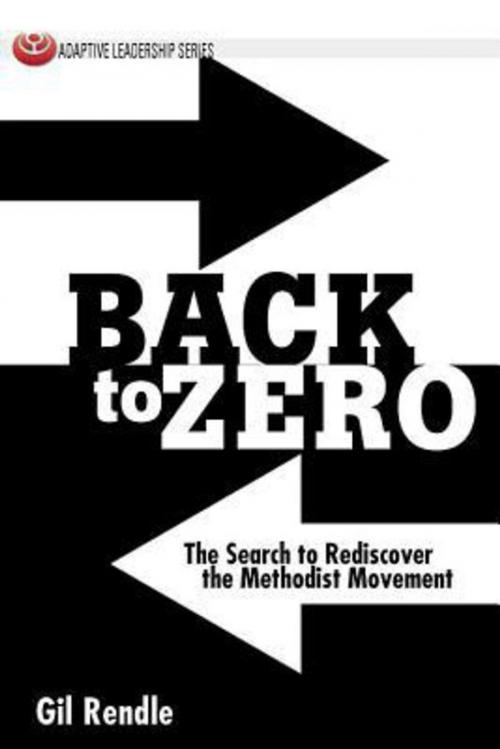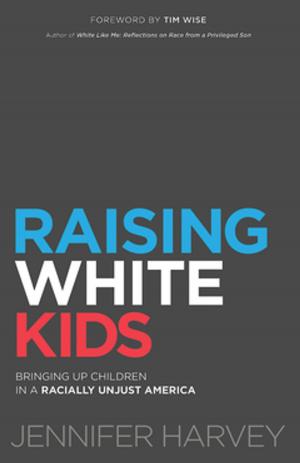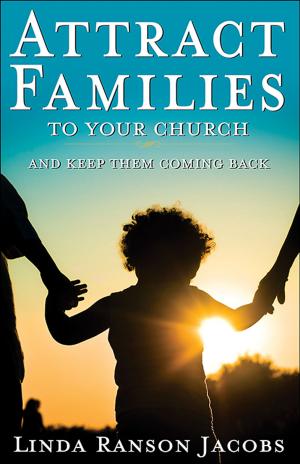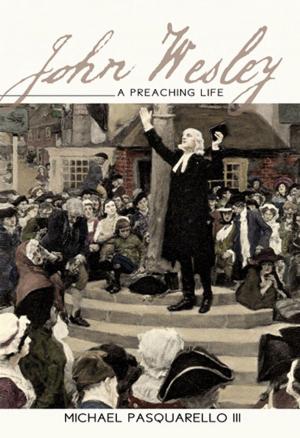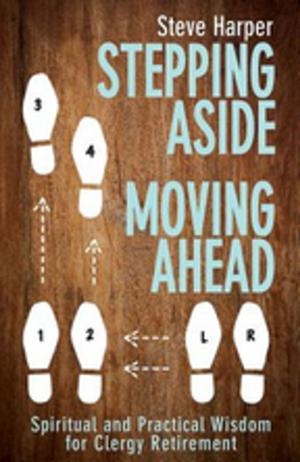Back to Zero
The Search to Rediscover the Methodist Movement
Nonfiction, Religion & Spirituality, Christianity, Denominations, Methodism| Author: | Gil Rendle | ISBN: | 9781426752964 |
| Publisher: | Abingdon Press | Publication: | February 1, 2012 |
| Imprint: | Abingdon Press | Language: | English |
| Author: | Gil Rendle |
| ISBN: | 9781426752964 |
| Publisher: | Abingdon Press |
| Publication: | February 1, 2012 |
| Imprint: | Abingdon Press |
| Language: | English |
The lifeblood of the United Methodist is passion rather than organizational neatness, entrepreneurial freedom rather than denominational restraint, and agility rather than staid institutional dependence. But if United Methodists want to change and be the church we say we want to be, what must we risk and how can we challenge current practices?
At the heart of becoming a spiritual movement once again is the requirement that we develop a new understanding of connection as Christians and as United Methodists. We are currently at a time in which United Methodists are reinventing denominational connectionalism. One way of framing the issue is to distinguish between members and disciples, or consumers (those who wait for the institution to care for their needs) and citizens (those who are willing to commit themselves to and be held accountable for the whole of the community).
United Methodism has nurtured generations of leaders and congregations that see themselves as consumers of the resources and attention of the denomination. The impulse toward movement is challenging spiritually purposeful leaders and congregations to risk becoming citizens who fully expect to make a difference in the lives of individuals and also in the world through an encounter with Christ.
The lifeblood of the United Methodist is passion rather than organizational neatness, entrepreneurial freedom rather than denominational restraint, and agility rather than staid institutional dependence. But if United Methodists want to change and be the church we say we want to be, what must we risk and how can we challenge current practices?
At the heart of becoming a spiritual movement once again is the requirement that we develop a new understanding of connection as Christians and as United Methodists. We are currently at a time in which United Methodists are reinventing denominational connectionalism. One way of framing the issue is to distinguish between members and disciples, or consumers (those who wait for the institution to care for their needs) and citizens (those who are willing to commit themselves to and be held accountable for the whole of the community).
United Methodism has nurtured generations of leaders and congregations that see themselves as consumers of the resources and attention of the denomination. The impulse toward movement is challenging spiritually purposeful leaders and congregations to risk becoming citizens who fully expect to make a difference in the lives of individuals and also in the world through an encounter with Christ.
